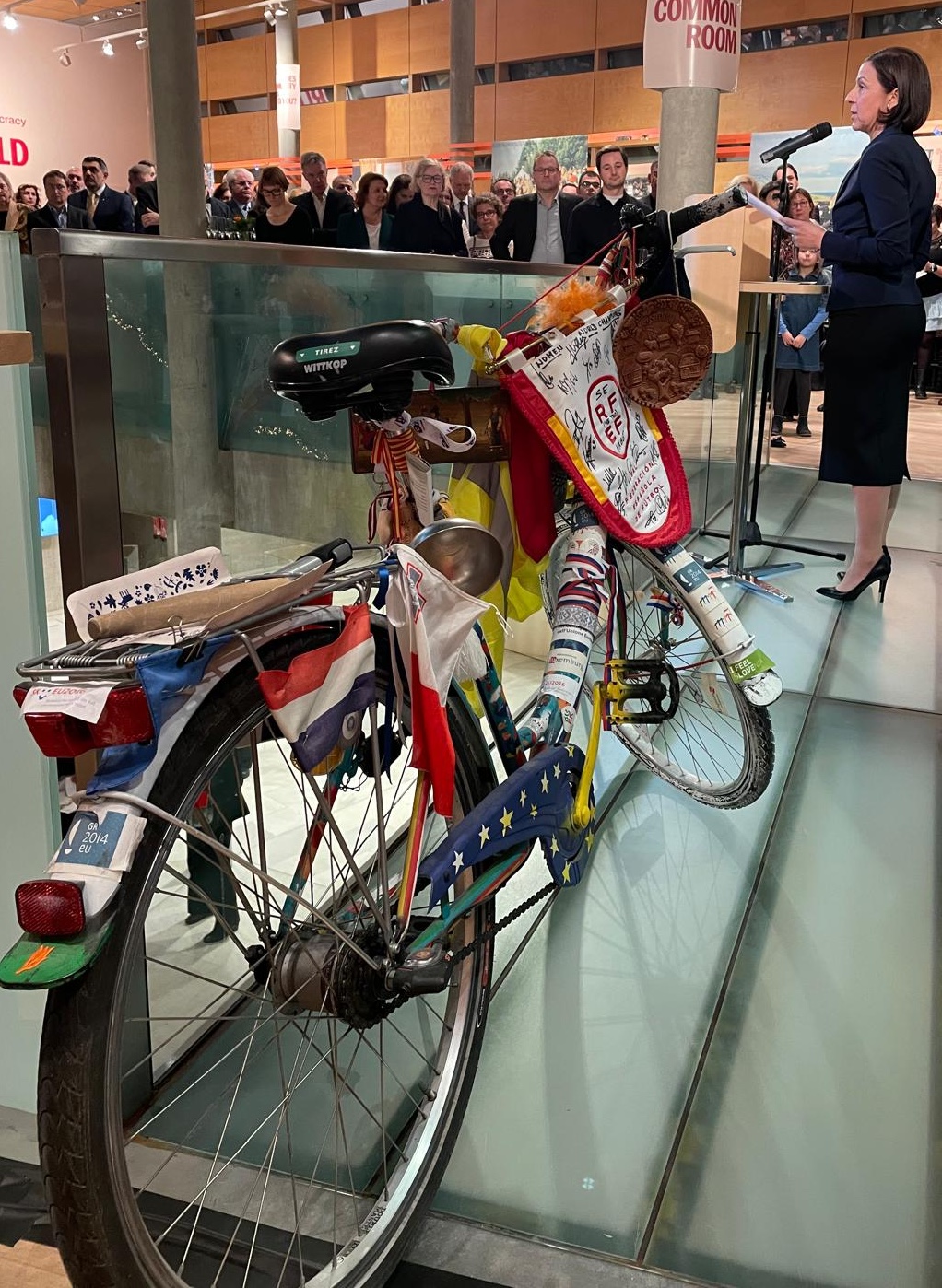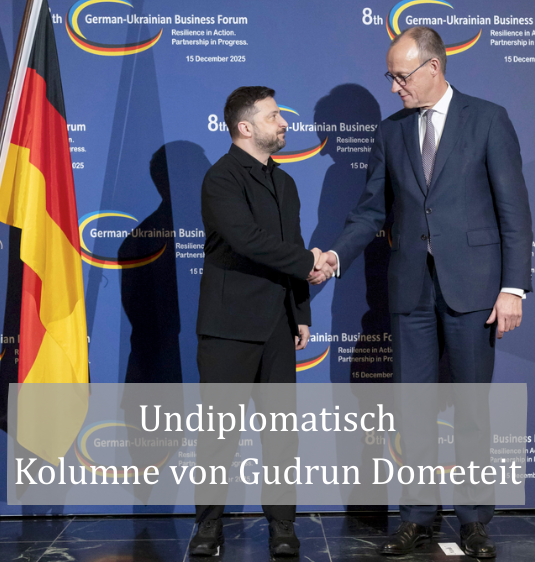diplo.news
Public diplomacy between reliability and trust
In the past, the motto for a diplomat was: keep quiet and listen. This served as an instrument of secret diplomacy. Diplomatic documents are still marked with “confidential” notes today.
At the same time, the demand for publicity and transparency is becoming increasingly important, especially in democratic states. The German Foreign Office under Foreign Minister Annalena Baerbock is making particular progress in matters of public diplomacy.
Mistakes and risks
In contrast to the past, ambassadors are declared “public figures” in their dealings with the media. Despite the need for “modern” diplomacy, which should be supported in principle, the risks include exaggeration, mistakes and politicization, as well as the wear and tear of the means of diplomacy and the endangerment of its most precious asset, trust. In the next federal election campaign, “peace diplomacy” will be a major issue.
It is no coincidence that Hans-Dietrich Genscher's Foreign Office is no longer recognizable today. Like other European foreign offices, it is suffering from the decision of the Maastricht and Lisbon Treaties to impose the European Council of Heads of State and Government on the Council of Ministers of the EU intergovernmental when the unanimity principle applies.
Assumed authority to issue directives
They have used this to virtually take on a kind of managerial competence in European and foreign policy. The ministers, and not just the foreign offices, are left with the hassle of the level and a flight into public diplomacy!
If you add that the Federal Government is formed by three parties instead of the previous two parties, some of which are also quite fundamentally different in some cases, then the question of coherence and foreign policy reliability is also raised.
Internal and European contradictions
For example, a few weeks ago, a rather disappointed European colleague complained to the author what they should think of it when, following a clear promise from the Foreign Office based on European values, the Federal Chancellery did the opposite for economic reasons.
I could have explained to my colleague that we should have given priority to the economy in the gas pipeline with Russia, as we did with China, or that he should have gone straight to the Chancellery. I didn't do it because, after all, I too am suffering from growing internal and European contradictions, indeed fragmentation!
Dietrich von Kyaw

The author, former Ambassador Dr. Dietrich von Kyaw, former Permanent Representative of Germany to the EU, is author of the book “Germany and Europe's Self-Assertion”, LIT-Verlag Münster/Westf. 2022





